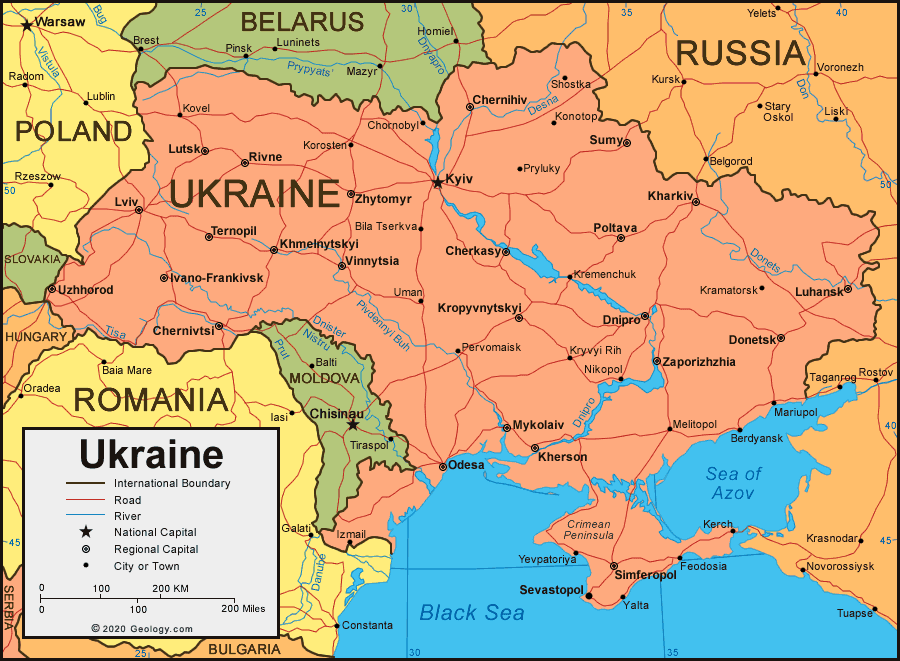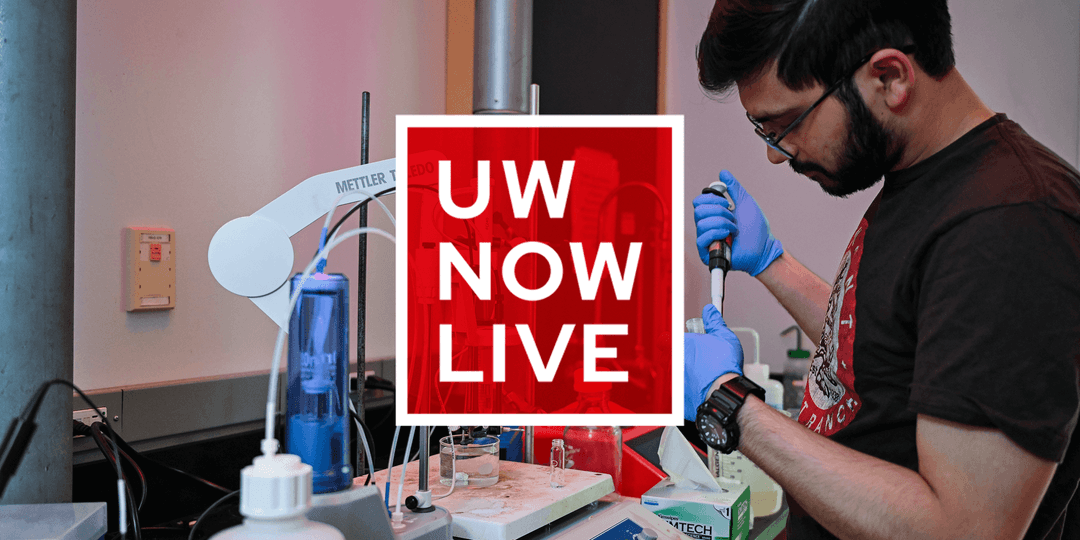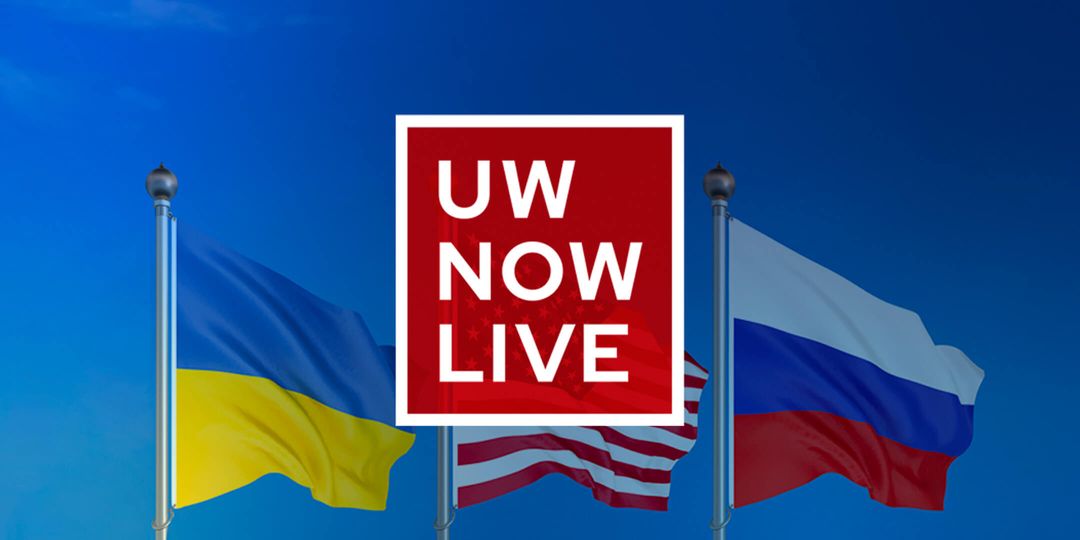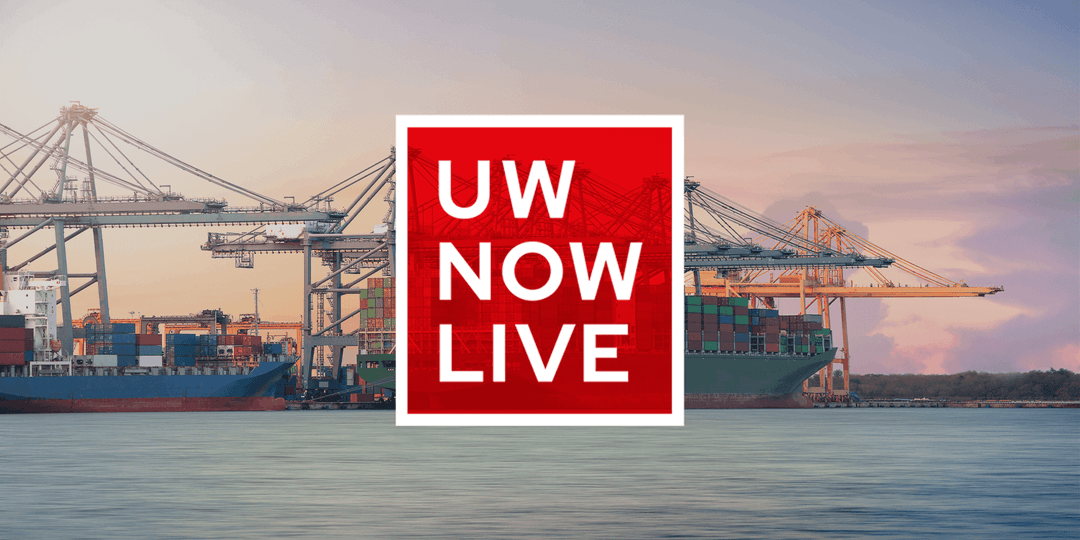From February 24, 2022, when Russia first launched its invasion of Ukraine, until January 20, 2025, the United States had a clear position on the conflict: it was Ukraine’s staunch ally, offering military and humanitarian aid to help a fellow democracy defend itself against a brutal invasion by an aggressive, antidemocratic neighbor.
Then the Trump administration came to power.
In the two months since then, the United States government has changed its attitude toward Ukraine and increasingly embraced Russia. According to political science professor Andrew Kydd, that increases the likelihood of a bad outcome for Ukraine.
“U.S. support for Ukraine has enabled Ukraine to keep fighting, to maintain war aims that include recovering lost territories and possibly defeating the Russians,” Kydd says. “They would like to go back to the boundaries [they had] pre-2014. Without U.S. support, that weakens the Ukrainian military position, which shifts the range of potential settlements against them.”
Kydd will join the UW Now Live on March 11 for a discussion of the current state of the war in Ukraine and how the Trump administration’s efforts at dealmaking are affecting the conflict.
My Chief Area of Research Is:
The kind of research I do typically involves game theory, which is the mathematical study of strategic interactions. I teach courses on nuclear weapons, conflict resolution and terrorism. I’m teaching a course on the Arab-Israeli conflict right now.
Tonight on the UW Now, I’ll Discuss:
There is a lot of discussion now of a peace deal, or at least a cease fire, to halt the war in Ukraine. Cease fires usually reflect the balance of power between the two sides and take place along the front lines as they exist. The question is, would both sides agree to such a deal? Ukraine is probably not now in a position to make gains on the battlefield, especially with the US cutting its support, so they might be willing to agree. Russia, however, is still making slow gains and now, anticipating that Ukraine will become weaker, they may prefer to keep fighting. Russia would like to defeat the Ukrainians, take more of their territory and impose some kind of vassal regime on the rest analogous to Belarus. So unless the Russians can be persuaded that they will not be able to make further gains, there may not be a cease fire.
If There’s One Thing Viewers Should Know, It’s:
What Trump is doing is unprecedented. For 40 years during the Cold War we defended the democracies of Western Europe against aggression from the authoritarian Soviet Union, and for 30 years afterwards we kept NATO in place as a hedge incase the Russians became belligerent again. Trump is now cutting support for Ukraine, Russia’s victim, criticizing our NATO allies, threatening not to help defend them, and praising Putin and the Russian perspective. He is even making territorial demands from our NATO allies, Canada and Denmark. This kind of dramatic reversal in foreign policy almost never happens. It will have widespread and lasting consequences. If the U.S. switches from being a supporter of free democratic states to being a threat to them, other countries like Britain, France, Germany, and Canada will need to increase their defense spending, and in the case of Germany and possibly Canada, consider developing their own nuclear weapons.
To Get Smart Fast, See:
- The Institute for Study of War provides a lot of good updates on the battlefield.
- If you want to know what’s going on, the Kyiv Independent is good.
- New York Times
- Washington Post
- Wall Street Journal





